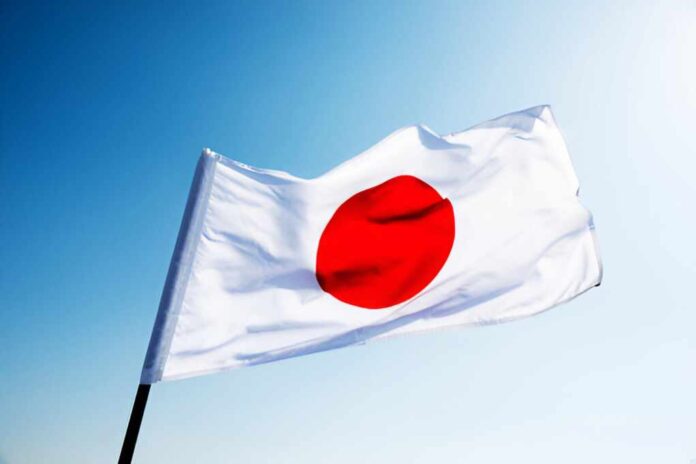
A chilling warning from the Nagasaki mayor on the 80th anniversary of the atomic bombing reignites fears of nuclear conflict in today’s volatile world.
Story Highlights
- Nagasaki and Hiroshima commemorate 80 years since atomic bombings with calls for disarmament.
- Global leaders urge moving from deterrence to justice and dialogue.
- UN officials and the Pope emphasize the existential threat of nuclear weapons.
Nagasaki’s Somber Commemoration
The solemn 80th anniversary of the atomic bombings in Nagasaki and Hiroshima has become a platform for global leaders to advocate for nuclear disarmament. The Nagasaki mayor’s chilling warning highlights contemporary geopolitical tensions and modernization of arsenals, urging the world to heed the lessons of history. This call to action, supported by UN officials and religious leaders, emphasizes the urgent need to replace deterrence with justice and open dialogue as the path forward.
At the ceremonies, attended by representatives from approximately 120 countries, the message was clear: deterrence based on mutual destruction offers false security. The events underscored the moral authority of hibakusha, the survivors whose testimonies continue to drive the disarmament movement. The presence of UN High Representative for Disarmament Affairs and the Pope’s remarks reinforced the global consensus on the existential threat posed by nuclear weapons.
WATCH: Japan marked the 80th anniversary of the US nuclear bombing of Nagasaki as Prime Minister Shigeru Ishiba reaffirmed Tokyo’s commitment to a world without nuclear weapons https://t.co/q2PbI0x11I pic.twitter.com/shEHebxMYP
— Reuters Asia (@ReutersAsia) August 9, 2025
Global Reactions and Calls for Action
Representatives at the commemorations echoed the urgent need for concrete disarmament steps. The UN Secretary-General’s message, delivered in Hiroshima, emphasized “real change” to avert potential nuclear devastation. The Pope, marking the Hiroshima anniversary, called for justice and dialogue, challenging the prevailing reliance on nuclear deterrence. These high-profile endorsements aim to galvanize international momentum towards a nuclear-free world, aligning with the disarmament commitments of treaties like the NPT and TPNW.
The 80th anniversary events were not just symbolic; they marked an inflection point for policy change. The coordinated efforts by Hiroshima and Nagasaki authorities, including joint branding and outreach, reflect a strategic push to build civil-society consensus for a nuclear-free future. This broad international participation signals a willingness among nations to engage in meaningful dialogue and move towards concrete disarmament actions.
Watch: Ceremony held in Nagasaki to mark 80th anniversary of atomic bombing | BBC News
Implications for Global Security
The renewed focus on nuclear disarmament has significant implications for global security and policy-making. In the short term, the heightened attention could lead to increased pressure on nuclear-armed states to reevaluate their positions. Long-term, the 80th anniversary could catalyze commitments towards revitalizing arms control agreements and strengthening non-proliferation norms. However, the actual impact will depend on the willingness of state actors to embrace these calls for change.
Survivors and their families continue to play a crucial role in advocating for peace and disarmament, their testimonies serving as a powerful reminder of the human consequences of nuclear conflict. As the world reflects on the lessons of Hiroshima and Nagasaki, the challenge remains to translate these commemorations into actionable policies that ensure such devastation is never repeated.
Sources:
Hiroshima at 80: Local leader warns the world could see nuclear devastation again
Pope on Hiroshima anniversary: Let justice replace false sense of security
Hiroshima City official website
Secretary-General’s message to the Nagasaki Peace Memorial

























